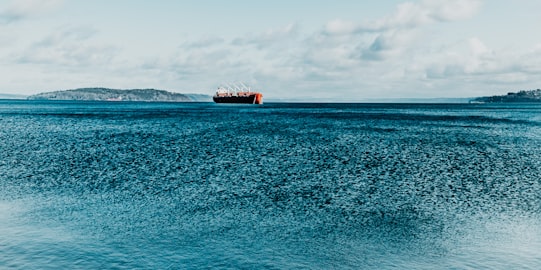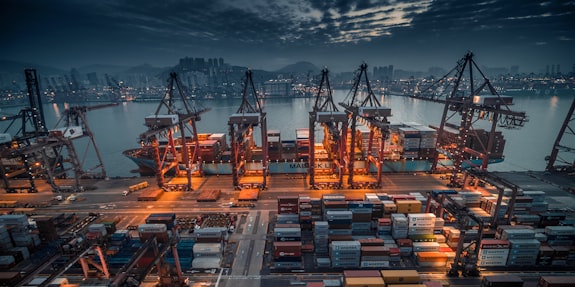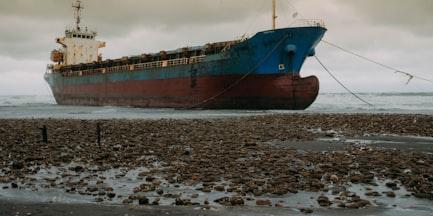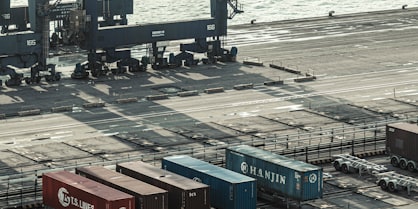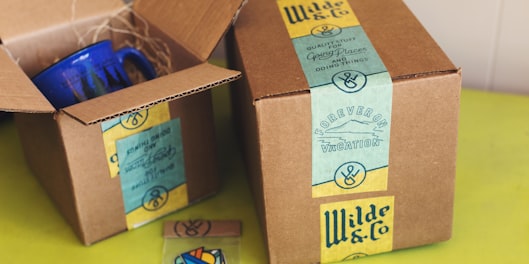
Chinese oil refiners are not very possible to advance their output of cleaner marine fuels until at least Q2 of 2020, due to the fact that they must upgrade their facilities, even after the government granted tax waivers to enhance output.
According to Reuters, the lack of supply will mean that China will not be capable of helping relieve a regional shortage of very low sulphur fuel oil (VLSFO). Currently, demand for the cleaner fuel has increased with the start of the 2020 sulphur cap.
GET THE...
https://safety4sea.com/china-tax-changes-would-not-advance-clean-marine-fuel-supply-until-q2/
